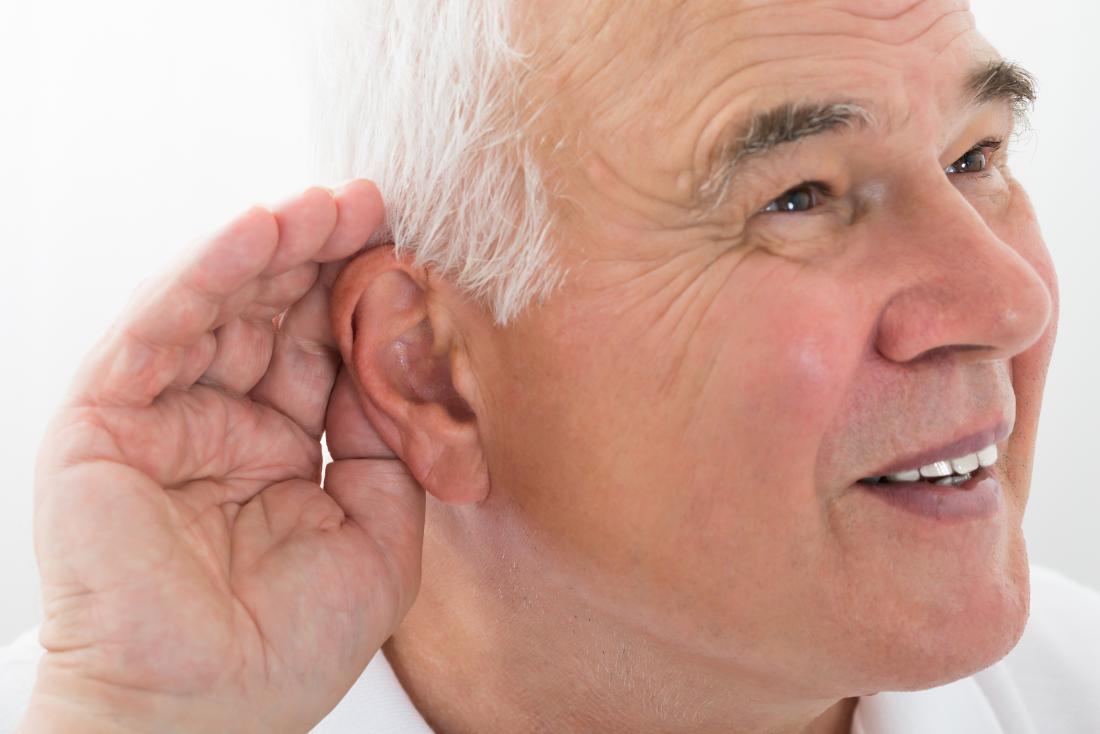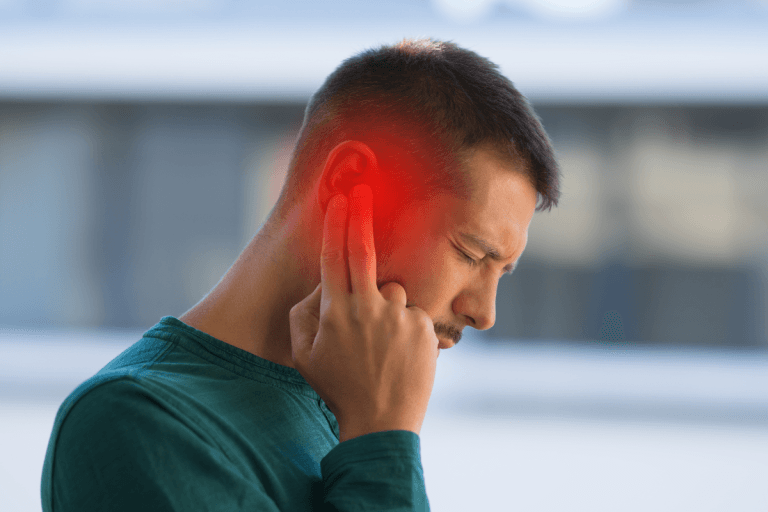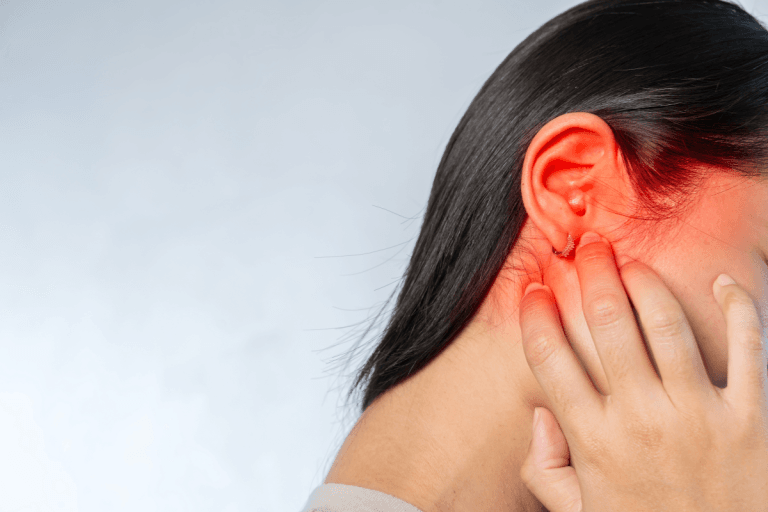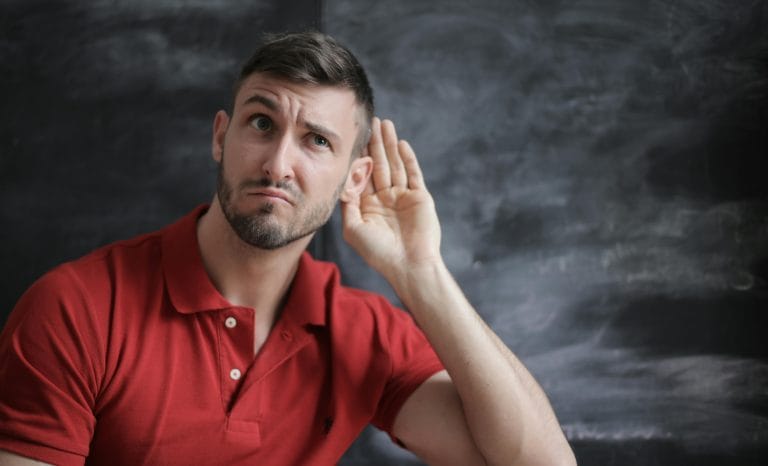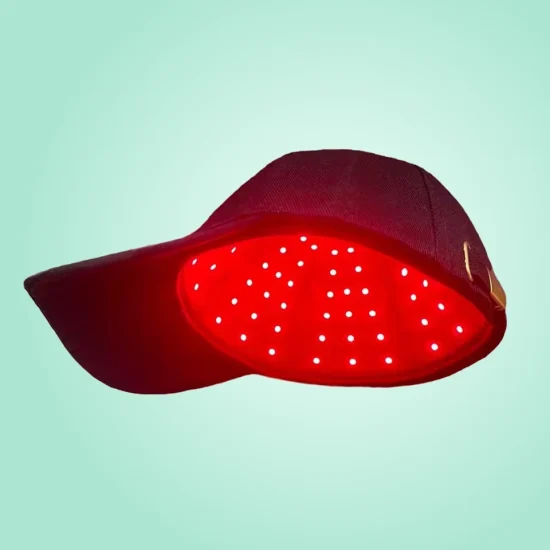Age-Related Hearing Loss: Understanding Causes, Symptoms, and Solutions
As we age, our bodies undergo various changes, and one common yet often overlooked condition is age-related hearing loss, also known as presbycusis. This gradual loss of hearing, particularly in higher frequencies, affects millions worldwide and can impact communication and quality of life. Here’s an in-depth look at what causes it, how to recognize it, and the available treatments.
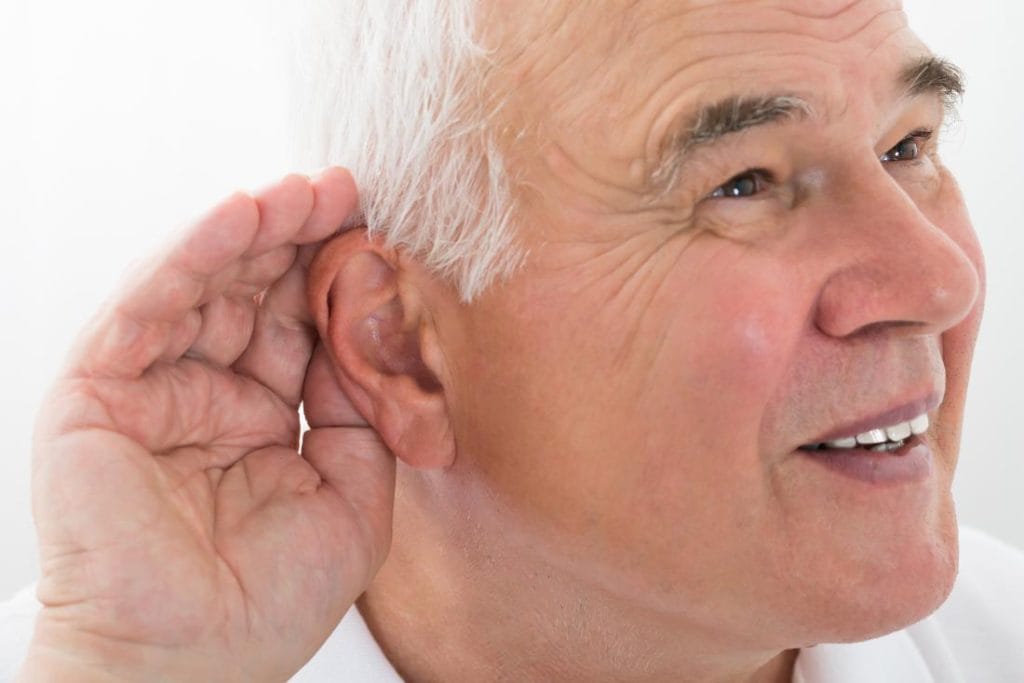
What Is Age-Related Hearing Loss?
Age-related hearing loss occurs gradually over time due to natural wear and tear on the inner ear. It is a progressive condition, meaning it worsens as you age. While it primarily affects older adults, the onset and severity vary among individuals.
Causes of Age-Related Hearing Loss
1. Natural Aging Process:
Over the years, the sensory hair cells in the cochlea that help transmit sound signals to the brain become damaged or die. These cells do not regenerate, leading to diminished hearing.
2. Noise Exposure:
Prolonged exposure to loud noises can accelerate hearing loss by causing damage to the delicate structures of the inner ear.
3. Genetics:
Family history plays a role, as genetic predispositions can make individuals more prone to presbycusis.
4. Health Conditions:
Chronic illnesses like diabetes, cardiovascular diseases, or hypertension may contribute to hearing deterioration due to reduced blood flow to the ear.
5. Ototoxic Medications:
Certain medications, including chemotherapy drugs and antibiotics, can harm the inner ear, leading to hearing loss.
Symptoms of Age-Related Hearing Loss
- Difficulty Hearing High-Frequency Sounds:
Voices of women, children, and high-pitched sounds like doorbells or birds chirping become harder to distinguish. - Trouble Following Conversations:
Background noise can make it challenging to understand speech, especially in group settings. - Asking for Repetition:
Frequently asking people to repeat themselves is a common sign. - Ringing in the Ears (Tinnitus):
Many individuals experience a persistent ringing or buzzing sound, often accompanying hearing loss. - Muffled Sounds:
Sounds may feel less crisp or clear, resembling a loss of sharpness in hearing.
Treatment Options for Age-Related Hearing Loss
- Hearing Aids:
These devices amplify sound, helping individuals regain clarity in conversations and everyday activities. Modern hearing aids are discreet and offer advanced features like noise reduction and Bluetooth connectivity. - Assistive Listening Devices (ALDs):
Tools like amplified telephones or personal FM systems can enhance communication. - Cochlear Implants:
For severe hearing loss, cochlear implants may be recommended. These devices bypass damaged parts of the ear and directly stimulate the auditory nerve. - Protecting Remaining Hearing:
Using ear protection in noisy environments and avoiding loud sounds can prevent further deterioration. - Communication Strategies:
Learning to read lips, using visual cues, and practicing clear communication techniques can help bridge gaps caused by hearing loss.
Preventing Age-Related Hearing Loss
While presbycusis is a natural part of aging, certain measures can help slow its progression:
- Protect Your Ears: Use earplugs in noisy environments like concerts or construction zones.
- Regular Hearing Tests: Early detection allows for timely intervention.
- Maintain a Healthy Lifestyle: Managing chronic conditions and maintaining cardiovascular health can support better hearing.
Conclusion
Age-related hearing loss may be an inevitable part of aging, but it doesn’t have to hinder your life. Understanding its causes, symptoms, and treatments can empower you to take proactive steps to manage and improve your hearing. Whether through modern hearing aids, lifestyle changes, or medical interventions, there are solutions available to help you stay connected and engaged with the world around you.
If you suspect hearing loss in yourself or a loved one, consult an audiologist for professional evaluation and guidance. Don’t let hearing loss hold you back—take action today for a clearer, more fulfilling tomorrow.

